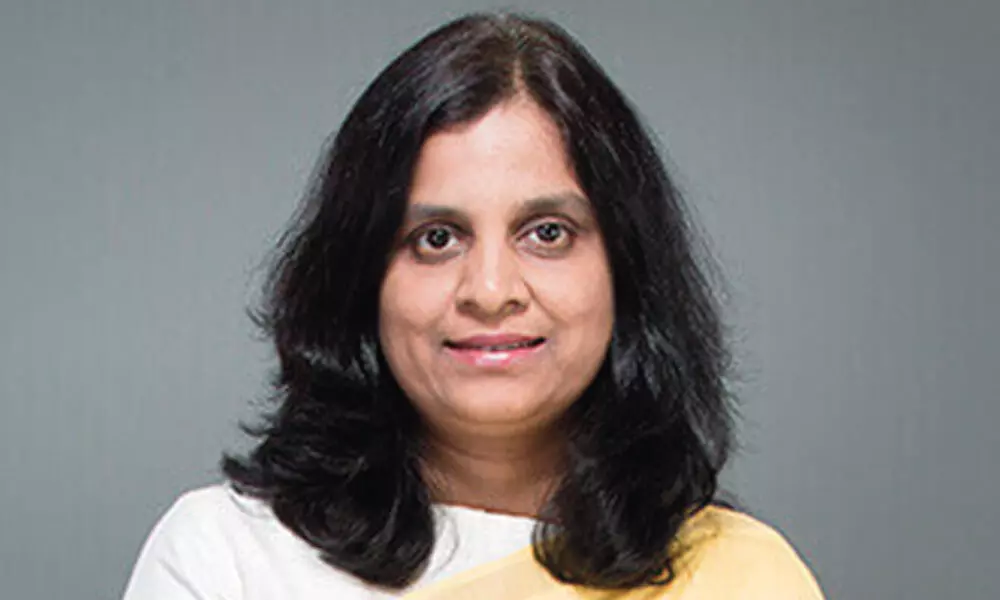Alzeihmer patients need more attention

Dr Anitha Chandra
- Strategies suggested by Dr Anitha Chandra to the Carers taking care of Alzeihmer’s patients
- Keeping Established routines & keep things normal as far as possible is important
- Keeping things simple and safe is of utmost importance
Bengaluru: Every year World Alzeihmer's Day is celebrated on September 21 to raise awareness about the issues which people with dementia undergo. Going with the campaign theme, 'Unite against dementia' the doctors say that the patients suffering with Alzeihmer should be given more attention as the risk of complications and morbidity and mortality with COVID 19 is greater for individuals living with dementia.
"Some people infected with COVID-19 have had to receive intensive care in hospitals. A new environment can lead to increased stress and behavioral problems. Delirium caused by hypoxia, a prominent clinical feature of COVID-19, could complicate the presentation of dementia, increasing the suffering of the people living with dementia, the cost of medical care, and the need for dementia support," said Dr. Abhinav Raina, Consultant – Neurology, Manipal Hospitals, Whitefield
He draws that attention to the fact that the condition of the patients suffering with Alzheimer's disease (AD) worsens when relatives, family members and friends stop calling them or staying in touch.
"It is very important to stay in touch and to involve the person in conversation even when his or her ability to participate becomes more limited. It helps improve the psychological health of AD patients. Engaging them into conversations and actions is also a cognitive exercise which will help delay the progression of AD," he added
Dr. Anitha Chandra, Consultant Psychiatry, Aster CMI Hospital pointed out that currently, the family members or relatives of people with dementia who care for them have been most distressed during the Covid-19 lockdown.
"Issues of burnout, depression and anxiety are quite common in caregivers dealing with dementia patients. It is important to provide support to these caregivers and provide them with strategies which can help them manage their loved ones who are diagnosed with dementia. First and foremost thing is to support them so they can continue supporting persons with dementia," she said.
Explaining the details further Chandra added, "In dementia, people have islands of memories which can be only connected by family members who know their background and past to make some meaning and keep the interest going for the persons with dementia. This is rather a principle in Reminiscence therapy which helps in cognitive stimulation. In formal care settings, life stories are done to aid the carers to facilitate this kind of linking of experiences for persons with dementia. With lesser social contact especially with close family and friends, it will affect the person with dementia adversely."Though the doctors have not revealed the number of AD patients admitted in the hospitals due to Covid-19 infection they came across many cases of patients who have dementia and are in ICU.
"In such a situation, any infection can cause acute confusion among these patients. Acute confusion over and above already existing dementia can be difficult to manage and settle. In the management of acute confusion state, the guidelines are to improve reality orientation, have people to provide stimulus and try to establish routine etc. are advised. In the pandemic situation, restrictions on family contact doesn't allow these important, non-pharmacological interventions to be followed. This delays improvement in delirium," Chandra said.
Dr Jagadish Hiremath, CEO of Ace Suhas Hospitals commented that his hospital managed a couple of patients who had dementia and also got infected with COVID. "For us they came across as nice people who listened to us and got better within a week. It was nice that their families stood by them during these tough times and probably contributed a lot for their recovery," he said.








